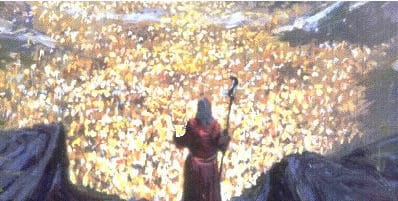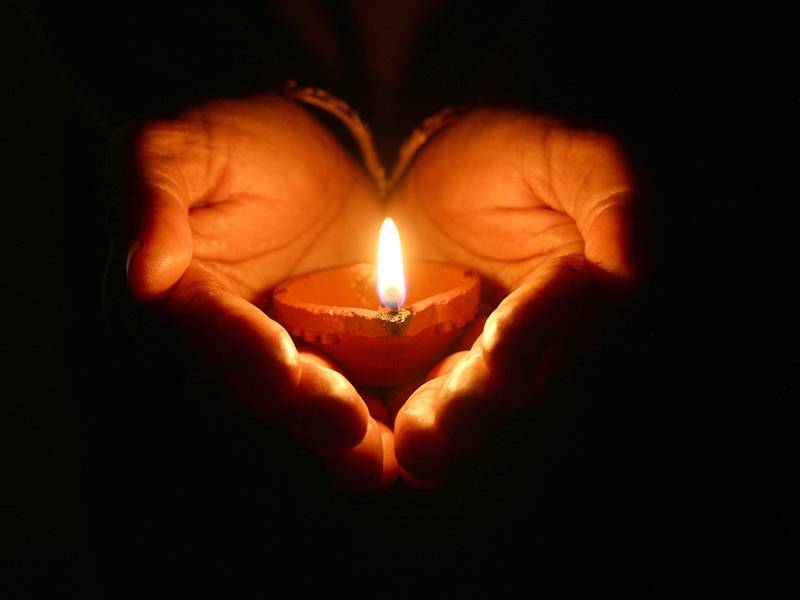
Rosh Hashanah 5786 / 2025- @Magen-Adath
Monday September 22nd /lundi le 22 Septembre - Erev Rosh Hashanah
-Candle lighting 6:37pm / Allumage des bougies 18h37
-Mincha 6:35 pm followed by Arvit / Minha 18h35 suivi par Arvit
Tuesday September 23rd / mardi le 23 Septembre
-Shacharit 8:30am / Shacharit 8h30
- Mincha 6:00pm followed by Tashlich & Arvit /Mincha 18h00 suivi deTashlich & Arvit
-Candle lighting after 7:36 pm / Allumage des bougies après 19h36
Wednesday September 24th / mercredi le 24 Septembre
-Shacharit 8:30am / Shacharit 8h30
-Mincha 6:30 pm followed by Arvit / Minha 18h30 suivi d'Arvit
-Havdalah 7:36 pm / Havdalah 19h36
Thursday September 25th,Fast of Gedalia / jeudi le 25 Septembre, Jeûne de Gedalia
-Starts at 5:29AM / Commence à 5h29
-Ends at 7:09 PM / Se termine à 19h09
Shabbat Shuva - Parashat Vayelech -@ Magen-Adath
Friday night September 26th / vendredi soir le 26 septembre
-Candle lighting 6:29 pm / Allumage des bougies 18h29
-Mincha 6:30 pm followed by Shir Hashirim & Arvit
-Minha 18h30 suivi de Shir Hashirim & Arvit
Shabbat September 27, / Chabbat le 27 septembre ,:
-Shacharit 9:00 Am / Shacharit 9h00
-Mincha 6:15 pm followed by Arvit / Minha 18h15 suivi d'Arvit
- Havdalah 7:30pm / Havdalah 19h30

Yom Kippur- @Magen-Adath
Wednesday October 1st Erev Yom Kippur / mercredi le 1er october
-Selichot Erev Yom Kippur 6:30 am followed by Shacharit and Hatarat Nedarim
-Selichot Erev Yom Kippour 6h30 suivi de Shacharit et Hatarat Nedarim
-*Mincha Gedola .
-Candle lighting 6:19pm / Allumage des bougies 18h19
-Fast begins at 6:19pm / Commencement du Jeûne 18h19
- Kol Nidrei 6:20pm / Kol Nidrei 18h20
Thursday October 2nd / Jeudi le 2 october
-Shacharit 8:30am followed by Mousaf & Mincha /
-Shacharit 8h30 suivi de Moussaf & Mincha
-Neila 5:30 PM / Neila 17h30
-Shofar 7:20pm / Shofar 19h20
-Fast ends at 7:20pm / Le jeûne se termine à 19h20
Shabbat Ha'azinu -@Magen -Adath
Friday night October 3rd / vendredi soir le 3 october
-Candle lighting 6:15 pm / Allumage des bougies 18h15
-Mincha 6:15 pm followed by Shir Hashirim & Arvit
-Minha 18h15 suivi de Shir Hashirim & Arvit
Shabbat October 4th, / Chabbat le 4 october ,
-Shacharit 9:00 Am / Shacharit 9h00
-Mincha 6:00 pm followed by Arvit / Minha 18h00 suivi d'Arvit
- Havdalah 7:16pm / Havdalah 19h16

Souccot prayers at the @Magen Abraham - Adath
Prières de Souccot à la @Magen Abraham - Adath
Monday October 6th Erev Chag / lundi le 6 october Erev Chag
-Candle lighting 6:10pm / Allumage des bougies 18h10
-Mincha 6:15pm followed by Arvit / Minha 18h15 suivi d'Arvit
Tuesday October 7th / mardi le 7 october
-Shacharit 9:00am with Lulav and Etrog / Shacharit 9h00 avec Loulav et Etrog
-Mincha 6:00pm followed by Arvit / Minha 18h00 suivi d'Arvit
-Candle lighting after 7:09 pm / Allumage des bougies après 19h09
Wednesday October 8th / mercredi le 8 octobre
-Shacharit 9:00am with Lulav and Etrog / Shacharit 9h00 avec Loulav et Etrog
-Mincha 6:00pm followed by Arvit / Minha 18h00 suivi d'Arvit
-Havdalah 7:09 / Havdalah 19h09
Shabbat Souccot -- @Magen -Adath
Friday night October 10th / vendredi soir le 10 october
-Candle lighting 6:02 pm / Allumage des bougies 18h02
-Mincha 6:00 pm followed by Arvit
-Minha 18h00 suivi de Arvit
Shabbat October 11th, / Chabbat le 11 october ,
-Shacharit 9:00 Am / Shacharit 9h00
-Mincha 5:50 pm followed by Arvit / Minha 17h50 suivi d'Arvit
- Havdalah 7:04pm / Havdalah 19h04
*Sunday night October 12 keraya (Limud -Reading)
*dimanche soir le 12 octobre keraya (Limud -Lecture)
*Monday morning October 13th Hoshaana Rababa
* lundi matin le 13 octobre Hoshana Rabba

Shemini Atzeret & Simchat Torah - @Magen -- Adath
Monday October 13th Erev Chag / lundi le 13 octobre Erev Chag
-Candle lighting is at 5;57pm /
-L'allumage des bougies est à 17h57
-Mincha 6:00pm followed by Arvit / Minha 18h00 suivi d'Arvit
Tuesday October 14 / mardi le 14 octobre
-Shacharit 9:00am / Shacharit 9h00
-Mincha 5:50pm followed by Arvit / Simchat Torah and Hakafot (Julian)
-Minha 17h50 suivi de Arvit / Simchat Torah et Hakafot (Julian)
-Candle lighting after 6:57 pm / Allumage des bougies après 18h57
Wednesday October 15 Simchat Torah / mercredi le 15 octobre Simchat Torah
-Shacharit Simchat Torah 9:00am / Shacharit Simchat Torah 9h00
-Mincha 5:45pm / Minha 17h45
-Havdalah 6:57pm / Havdalah 18h57
ABAL - KIL-SINEH











 MABROOK!!!
MABROOK!!!





